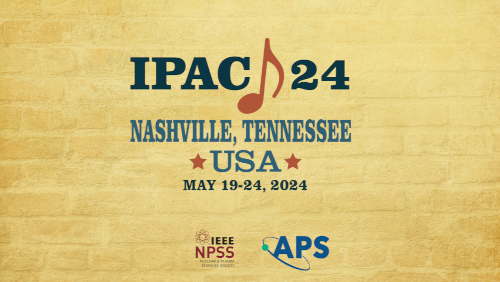Speaker
Description
Within the context of a design study of a LINAC for ionization cooling, this paper presents the result of incorporating a scattering model in RF-Track (v2.1) for charged particles heavier than electrons. This inclusion enables simulations for applications like ionization cooling channels for muon colliders. Within RF-Track, a novel semi-Gaussian mixture model has been introduced to describe the deflection of charged particles in material. This innovative model comprises a Gaussian core and a non-Gaussian tail function to account for the effects of single hard scattering. To validate the accuracy of our results, we conducted a benchmarking comparison against other particle tracking codes, with the outcomes demonstrating a high level of agreement.
| Region represented | Europe |
|---|---|
| Paper preparation format | LaTeX |

